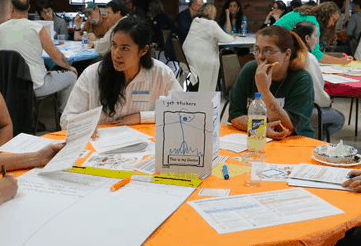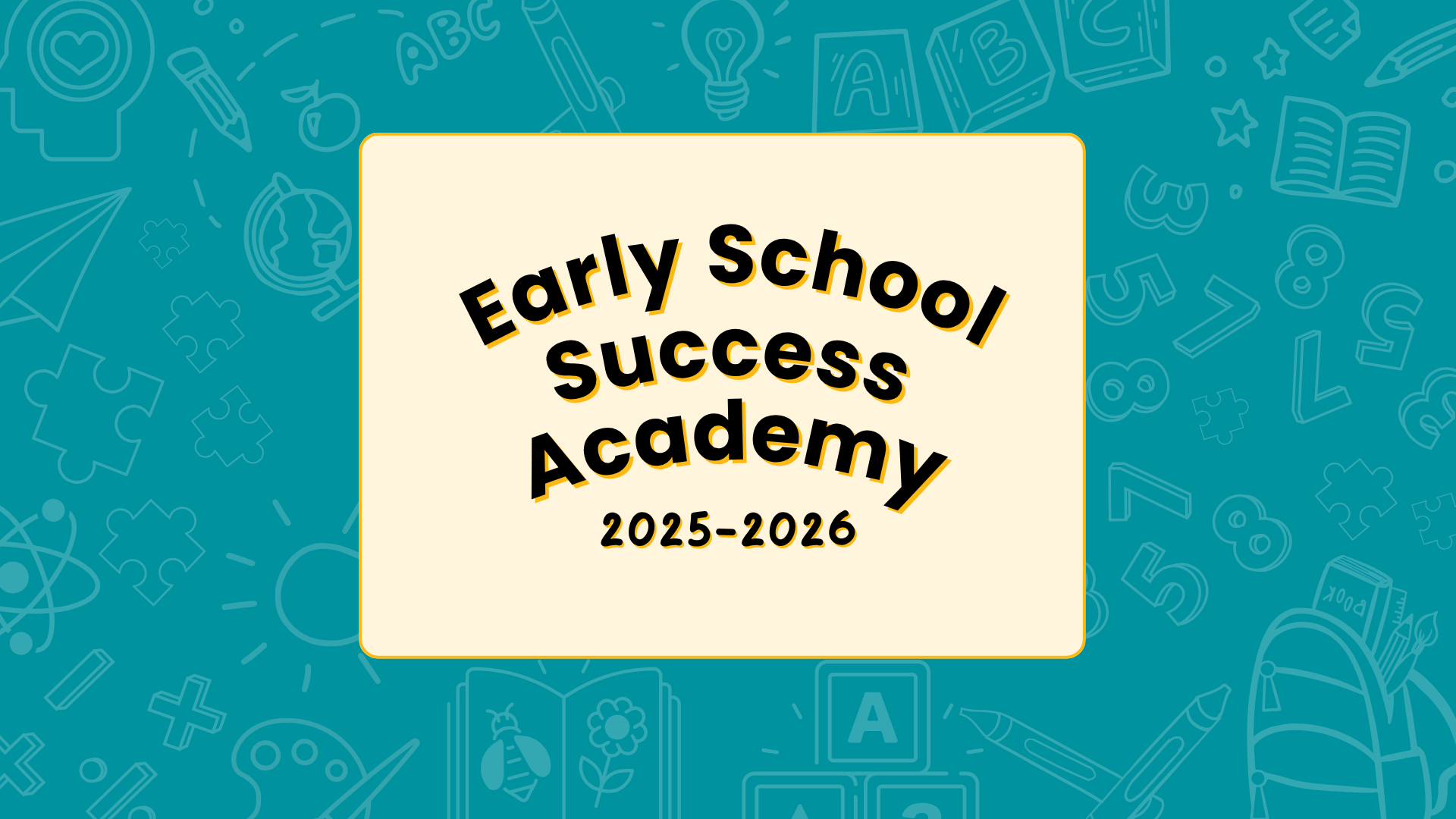Yoncalla Early Works takes a comprehensive approach to preparing kids for success in school and life. For the last two years, the project has combined early learning, health, and family engagement strategies to set young children on a path to third grade readiness. Third grade readiness is important because reading proficiently by the end of third grade is one of the greatest predictors of high school graduation. In fact, kids who don’t read at grade level by the end of third grade are 25 percent less likely to graduate.
 In the summer of 2016, the rural southeastern Oregon communities of Yoncalla, Drain, and Elkton joined together to gather critical information about how to improve the health of young children in their communities. With assistance from Children’s Institute and Portland State University, community members conducted a “Community Health Needs Assessment.” The term Community Health Needs Assessment (CHNA) may sound confusing, but the assessment is a way to determine a community’s needs and address them effectively.
In the summer of 2016, the rural southeastern Oregon communities of Yoncalla, Drain, and Elkton joined together to gather critical information about how to improve the health of young children in their communities. With assistance from Children’s Institute and Portland State University, community members conducted a “Community Health Needs Assessment.” The term Community Health Needs Assessment (CHNA) may sound confusing, but the assessment is a way to determine a community’s needs and address them effectively.
First, What is a Community Health Needs Assessment?
The assessment involves working deeply with community members to collect and analyze detailed data about a community’s greatest health needs.. Through the CHNA in north Douglas County, parents of children up to age 8 were asked a series of detailed questions. The questions ranged from demographics to how far the family must travel to access healthcare and whether they’re suffering food insecurity or a lack of housing. Parents were also asked to rank the health and family support services that they would most like to see brought into their community.
What were the results?
The survey of about 130 families showed that many don’t have their most basic needs met. Only one in eight parents agreed that there was a sufficient supply of affordable housing and one in five experienced housing instability in the previous year. Only one in five parents said they could get affordable, healthy food near where they live. And two in five parents say they couldn’t afford to eat balanced, healthy meals in the past year. And because health care services aren’t available in the community, children often don’t get the care they need to be healthy. Parents also noted a lack of family support services like job training programs and breastfeeding support.
What’s next?
The assessment includes focused next steps for these rural communities to address each of the prioritized needs. Recommendations include partnering with health care providers in Roseburg to bring health services into the community. In addition, the assessment encourages increasing access to healthy foods via community gardens, increased SNAP and WIC benefit enrollment, and more classes and resources on cooking healthy, balanced meals.
Why is it important?
Armed with detailed information about the health of each community, residents, city governments, and state leaders are now able to make more effective and informed decisions to improve the health of everyone in the community. The CHNA also helps Children’s Institute and partners prioritize interventions that will address the social determinants of health most affect young children’s ability to be successful in school.

